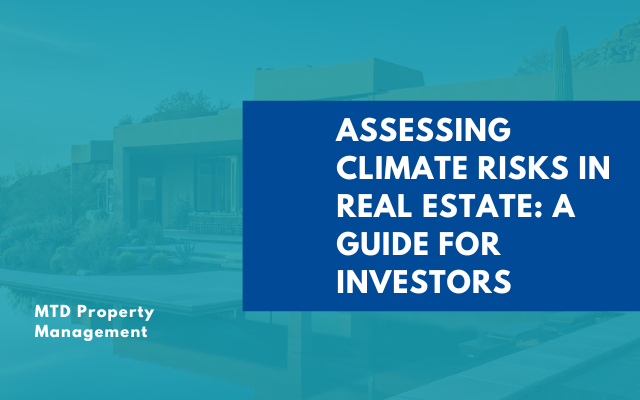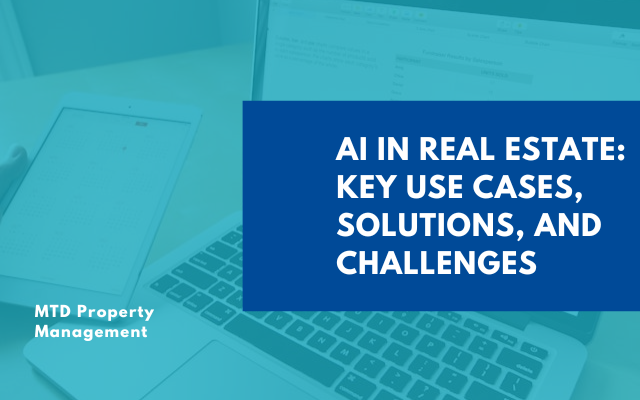Best Ways to Communicate with Tenants: Email, Text, or Call?

Communicating effectively with renters is critical to successful property management as a short- or long-distance landlord. Clear and regular communication can help avoid misinterpretations, develop excellent tenant-landlord relationships, and maintain the seamless operation of your rental business.
There are a variety of communication methods available to landlords, such as email, text messages, and phone conversations. In this post, we'll go over the most effective ways of using each communication channel, as well as the legal considerations of these interactions.
Option 1: Calling
Reasons Why Landlords May Need to Call Tenants
- Emergencies: A phone call is frequently the fastest way to address urgent maintenance issues. Tenants can convey how critical the situation is, allowing you to respond quickly.
- Gentle Reminders: Calling can be a great way to remind tenants of scheduled obligations, such as inspections or rent payments. It provides a human element that may motivate immediate action.
- Needing Clarification or Additional Information: Phone calls are good for delicate conversations, when tone may be crucial. They provide instant back-and-forth, making it easy to explain things or respond to questions.
Best Practices for Calling Tenants
- Uphold a Professional Attitude: Maintain an appropriate and respectful tone when calling renters. Indicate your identity, the location of the rental, and the reason for your call. This can help establish trust and make the residents feel more at ease interacting with you.

- Leave a Comprehensive Voicemail: If your renter does not pick up the phone, leave a detailed voicemail message. Indicate your name, the reason for the call, and your contact details. Encourage them to return your call as soon as possible.
- Include a Personal Touch: It is critical to establish a connection with your residents. Remember vital information about them, such as their names and particular concerns. Personalization can increase tenant responsiveness and cooperation.
- Call During Business Hours: Landlords should avoid calling renters outside business hours to respect their right to quiet enjoyment. Unless there’s an urgent situation that requires immediate action, it’s advisable to conduct all calls during regular working hours.
Are Phone Conversations Legally Enforceable?
While phone conversations might be useful for discussions and clarifications, they are not always legally enforceable. In legal contexts, written documents, such as agreements and leases, are frequently more acceptable. Any substantial agreements or arrangements must be in writing to protect both your and your tenants' interests.
Option 2: Emailing
The Benefits of Emailing Your Tenants
- Share Visual Data: Email is a great way to share images and data. You can attach photos, layouts, or diagrams to clearly demonstrate points.
- Notifications: Emails are ideal for sending reminders for rent due dates, maintenance schedules, and other important notices. They provide renters with a written document to which they can refer.

- Communicate Critical Information Swiftly: If landlords ever need to provide crucial information to all renters at the same time, email would be the most efficient approach. It supports bulk messaging and keeps track of messages delivered.
- Record Paperwork: Email is a solid method of storing paperwork and correspondence. Past documents and conversations may be easily tracked, which may be able to solve conflicts and preserve the development of landlord-tenant relationships.
Best Practices for Emailing Tenants
- Be Concise and Clear: Create emails that are simple to read and free of technical terms. Use an informative subject line and carefully organize your thoughts into easy-to-read paragraphs.
- Include Your Signature: Always include a professional signature with your complete name, contact details, and the name and address of the rental property in question.
- Avoid Spamming: Send only necessary and relevant emails to your tenants.
Are Emails Considered Legal Written Documentation?
Notifications via email are generally regarded as legal written paperwork if they contain critical details and both parties have agreed to correspond by email. To guarantee that emails are legally valid, put a note about electronic correspondence in your rental contract and acquire renters' permission.
Option 3: Texting
Why You Should Text Your Tenants
- Universal: Texting is a worldwide mode of communication. It serves a diverse range of individuals and demographics.
- Message Reception: Text messages receive far more reads and responses than emails or phone calls. They have a greater chance to be read quickly, which makes them suitable for time-sensitive issues.

- Swift Replies: Renters are more inclined to reply swiftly to text messages, allowing for more effective communication. Texts provide a direct avenue for inquiries and issues.
- Competitiveness: In a highly competitive rental market, using modern ways of communication might help you stand out as a landlord. Potential renters may choose to rent from landlords who utilize text messaging for swift communication.
How to Text Tenants
- Obtain Their Permission: Before sending text messages to your tenants, make sure you have their written consent to do so. Landlords can include provisions about texting and other communication methods in their rental agreements.
- Make a Written Record of It: Clearly describe the terms of your texting policy in writing, including what types of messages they may anticipate receiving and how frequently.
- Transparency Is Necessary: Let your renters know what kind of messages they can expect, be it maintenance updates, appointment reminders, or general notices, and how frequently they’ll receive them.
Is Text Messaging Considered Legal Written Documentation?
When the sender and
recipient both agree to use text messages as a means of communication, text alerts, like email notifications, can be regarded as lawful written evidence. However, rather than depending entirely on text messages, it is critical to have a clear texting arrangement in place, gain renter permission, and ensure that these agreements are put in writing.

Bottom Line
Ultimately, the best way to interact with tenants depends on the situation and their preferences. Phone calls are ideal for conversations and emergency situations. Emails are useful for delivering reminders, exchanging images, and maintaining documentation. Text messages are ideal for providing timely responses and keeping a competitive advantage in the rental market.
Consider hiring a reputable property management company, like
MTD Property Management, to handle tenant communications professionally and efficiently. This allows you to focus on what you do best while also ensuring your tenants receive the best service possible. Contact us today!









